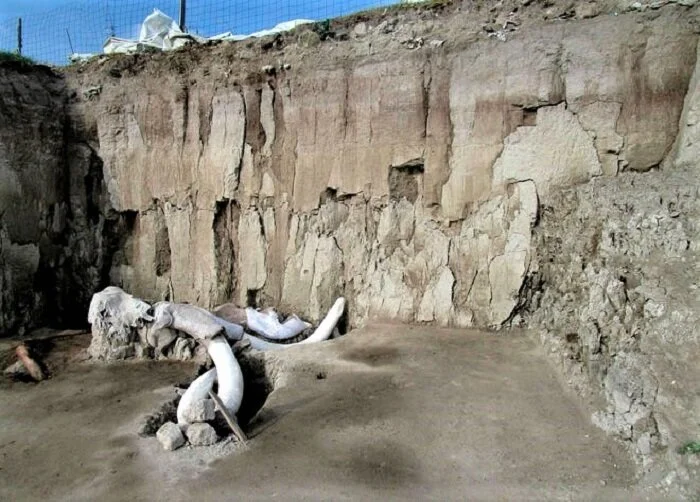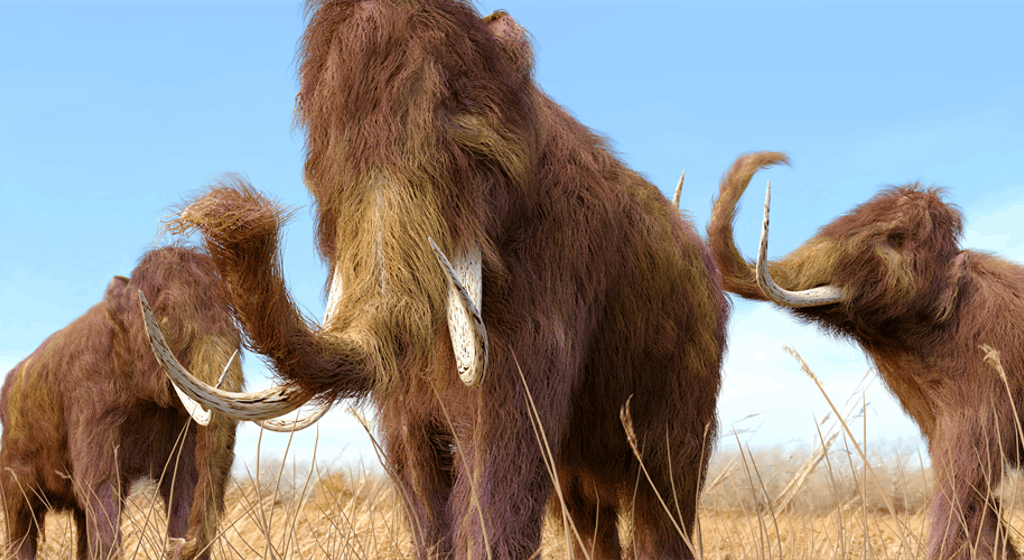How Smells Reconnect Us To Nature: Breathing Well In Urban Spaces
/By Minh-Xuan A. Truong. Postdoctoral researcher in conservation, psychology. National Museum of Natural History (MNHN Paris). First published on The Conversation.
We live in a society focused on vision. The technology, the media, the article you are reading, all of these things are mostly perceived and analyzed through our eyes. But it is to our five senses that we owe most of our daily experiences, without always always being aware of it ...
The experience of nature is a perfect example. Our relationship with the natural environment indeed responds to a complex process involving our organs from head to toe: we enjoy a forest walk on a spring morning for the bright colors and the harsh light that runs through the foliage; for the songs of birds, for the cool wind that caresses our skin.
If this moment gives us well-being, it is the fact of multiple sensory stimuli which, by mingling, define together the same experience. Thus the experience of nature is in essence a multisensory experience. But if we enjoy a walk in the forest on a spring morning, it is also for the smells that it exhales : here the resinous perfume of a pine, there that of the humus or the hyacinths of the woods.
What smell awakens in us
The olfactory experience has the particularity that it is inevitable: we can look away or close our eyes to avoid an image, we can plug our ears to protect themselves from sound. But it is very difficult to get away from an odor. Conscious of the importance that olfaction could have as a component of the experience of nature, we sought to understand this olfactory experience: how people perceive it, and what it could awaken in them.
To do this, we interviewed more than 600 users of several parks in the Paris region ( Jardin des Plantes in Paris, Sausset Park in Aulnay-sous-Bois and Georges Valbon Park in La Courneuve) and asked them to describe the site. experience of nature that they felt by focusing on their olfaction, the instant we questioned them. We then compared their responses to those of passersby interviewed in an urban setting (on the street in front of Necker Hospital and Gare de Lyon).
While popular beliefs about olfaction - often regarded as one of the "weak senses" of the human being - might suggest to us that this experience would be poor or limited, the walkers actually go much further than this. what we expected.
Smell of the cities and perfumes of the parks
First of all, there is a real contrast between the experience of passersby interviewed in the city and those interviewed in the parks. The first mention pollution and difficulty breathing. "I feel the cars, mainly ... The exhaust fumes prevent me from breathing," testifies a woman interviewed in front of the Necker Hospital. The latter, on the other hand, describe the olfactory experience of nature as a "bowl of air and nature", highlighting the role of "green lung of cities" often attributed to urban parks.
"I do not feel the smells of the city any more, nor pollution, here I breathe well", meanwhile expresses a man, in a forest part of the park of Sausset. The way they describe their olfactory experience depends largely on the type of landscape in which they are interviewed, but also on the use of that space. Thus, in the alleys of the Jardin des Plantes in Paris, visitors strolling around the flowerbeds describe the smells of the environment around them. "I smell a slight smell of flowers, and the mineral smell of the aisles," says a woman.
Their experience differs from those of other visitors, who in addition to the olfaction emphasize the importance of the whole body sensations, this perception of the body in the environment related to the touch, which is called the haptic . This is particularly the case for walkers in the Sausset and Georges Valbon parks, which, unlike the Jardin des Plantes, offer the possibility of sitting in the grass or at the edge of the water. Here the experience is thus more embodied, lived through the sensation of the body in its entirety. "We feel the warmth of the soil, the warm smells of the herbs, and then the humidity and freshness of the lake on the skin in contrast, it's soothing," says a man, on the shores of Lake Savigny, in the park Georges Valbon.
Finally, in places such as the Jardin des Plantes alpine garden or the Sausset and Georges Valbon parks, where they will be able to create a sensory bubble and experience a stronger immersion, the respondents speak of a real good -being a feeling of being out of their everyday city life. A woman thus evokes in the Jardin des Plantes, under the pistachier of the alpine garden, "a sensation of pleasure, escape and well-being. It's quiet, it feels good, it reminds of travel memories, we compare and we remember the plants that we have already crossed. "
There, they have the opportunity to sit in more confined places, near or even in contact with trees, and take the time to breathe, to soak up the atmosphere of the place. It is also in this atmosphere that visitors have detailed the most memories and emotions related to their olfactory experiences. "Well-being, memories too, a lot of memories. I often came here with my mother and my family, so family memories, happy, "recalls a walker in a forest part of Georges Valbon Park.
Integrate sensory experiences in everyday life
Breathe, Amsterdam. Photo by Fabian Møller on Unsplash
Our study reveals that in the context of experiments in nature, the olfactory experiment has the peculiarity of involving additional factors in environmental variables: in other words, when describing an olfactory experience of nature, we will not only describe the smells of the elements of nature of the place in which one is.
This description will be superimposed or substituted for more personal elements, and in particular sensations, emotions, and memories. The olfactory sense is intimately linked to our memory and our emotions . This is the famous madeleine of Proust: we all have in us these scenes of our past, the smell of the kitchen of our parents, the pie with blueberries of our grandmother, the smell of the spray of the beach or the pine forest of the campsite where we spent our summers. This is what makes a true experience of nature, of those which are anchored durably in us and help us to build a close relation with our environment, owes much to the smells.
At a time when we are trying to reconnect the population, particularly the urban population, with nature, it is imperative to consider this aspect more. This can include facilities that encourage a multi-sensory experience in parks and gardens. This study shows that lawns, horticultural plants or even forests do not provide the same sensory experiences or the same effects on the people who walk around them or rest.
By promoting, for example, more species and varieties of fragrant plants, which are not just visual ornamentation, and places for introspection, rest and well-being in the vicinity of plants, we would favor thus a whole variety of experiences and uses of urban nature spaces. A way to create real "sensory bubbles".



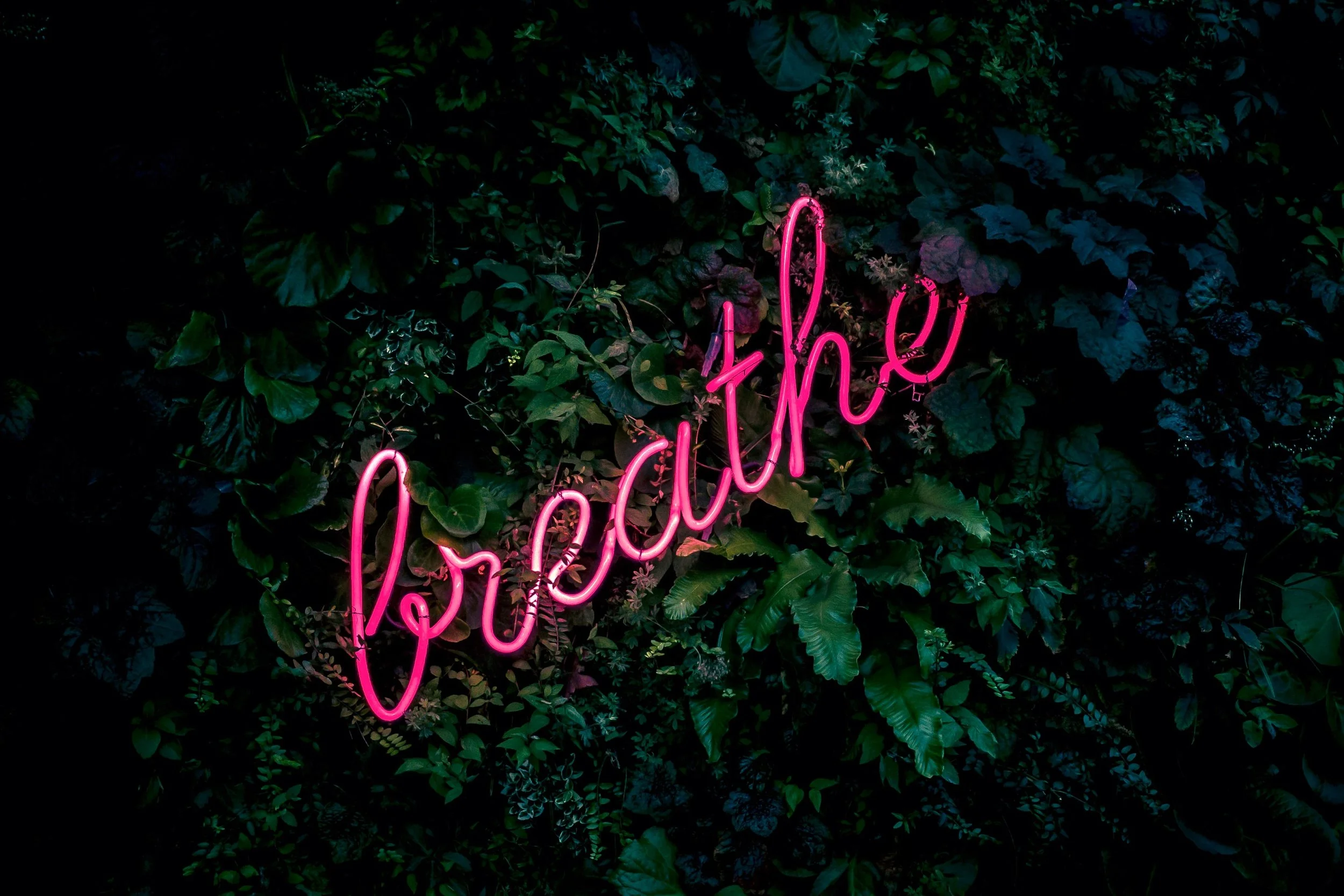



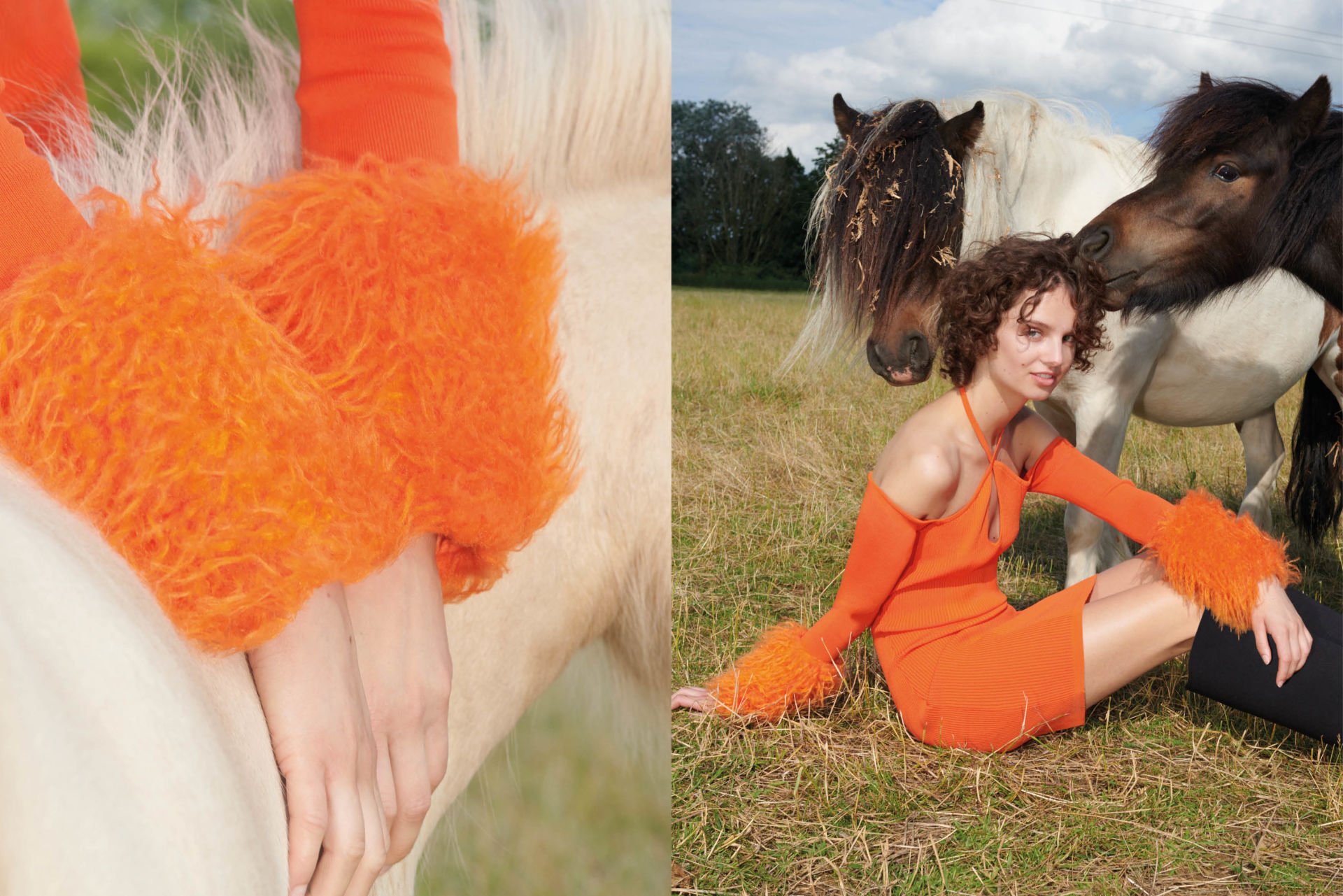
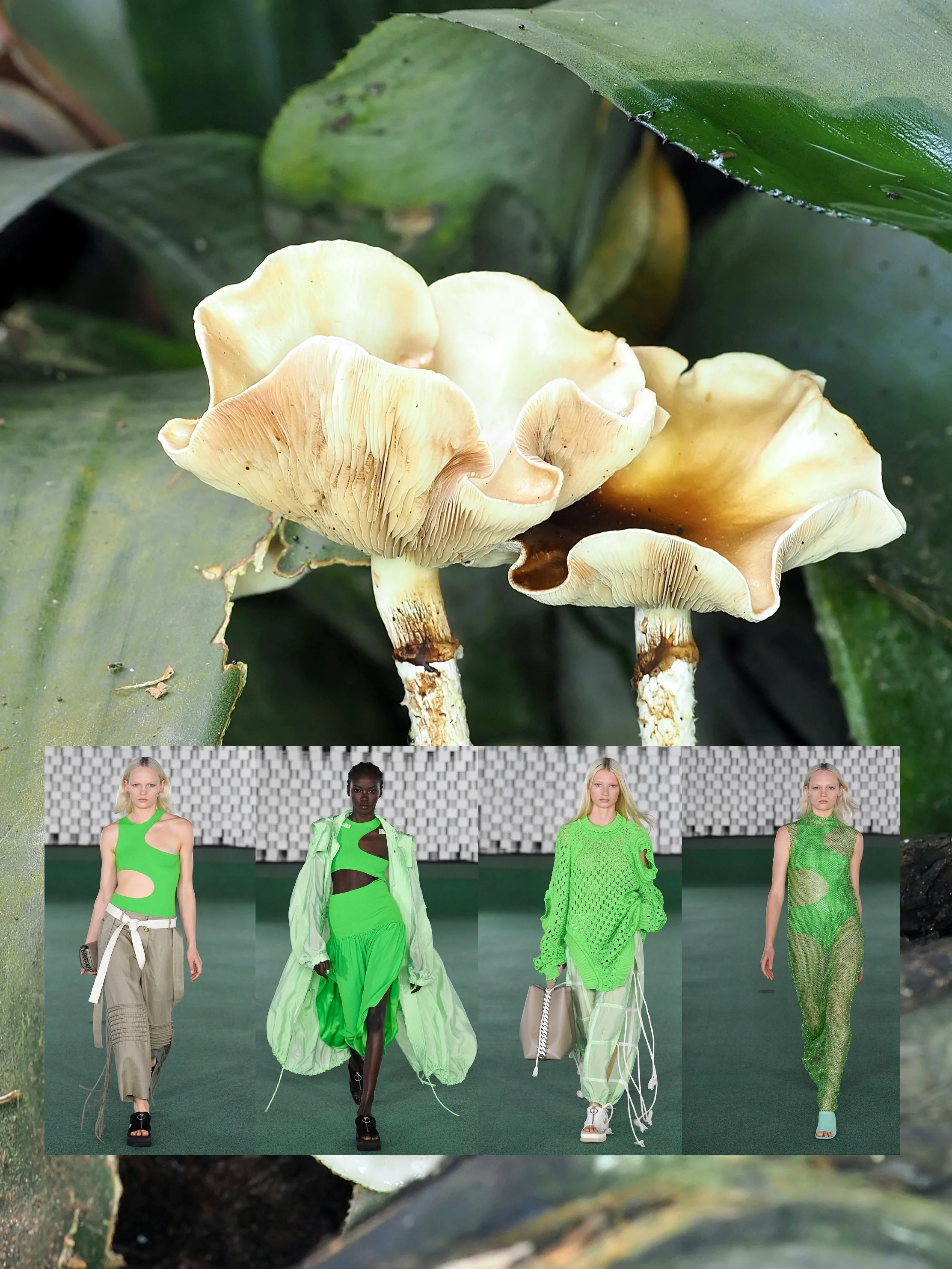











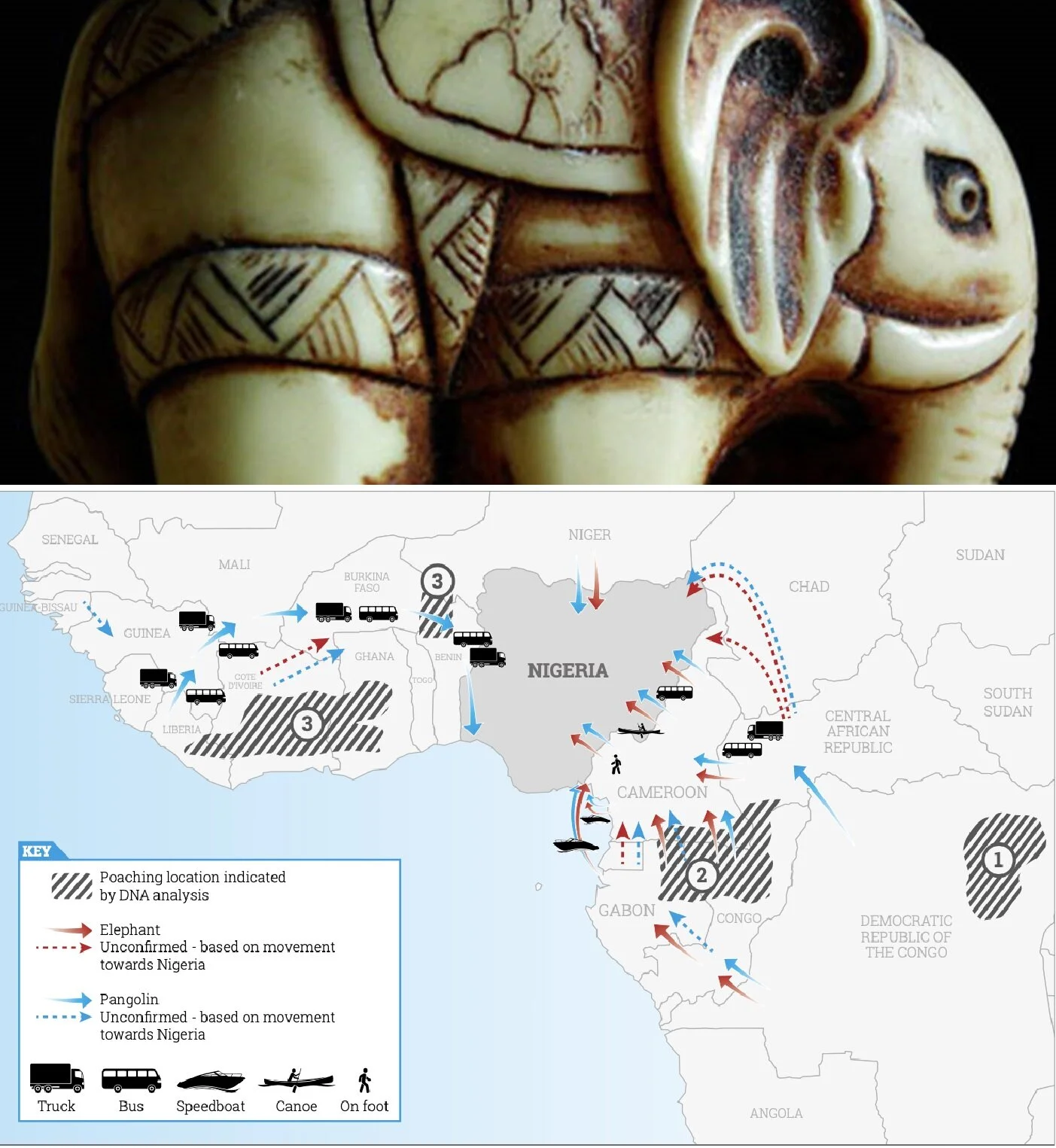



![Into-the-Okavango_[Neil-Gelinas]_3-dbl.jpg](https://images.squarespace-cdn.com/content/v1/55f45174e4b0fb5d95b07f39/1561937163642-AJXZW3I471QGTYL0AE03/Into-the-Okavango_%5BNeil-Gelinas%5D_3-dbl.jpg)


